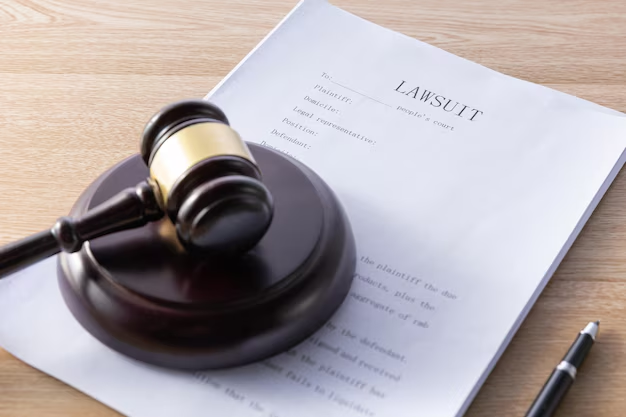The legal dispute between co-stars Blake Lively and Justin Baldoni has drawn attention for its focus on workplace rights, defamation, and responsibilities in Hollywood. While the case has captured widespread attention, it brings to light important questions about workplace dynamics and accountability.
In December 2024, Blake Lively filed a complaint with the California Civil Rights Department. accusing Baldoni of sexual harassment, including unwanted contact, inappropriate comments, and retaliation during the making of the 2024 film “It Ends with Us.” Lively claims that during the filming of the movie, Baldoni created a hostile work environment, violating several California laws.
To prove her case, Lively’s lawyers need evidence, like witness accounts or messages, showing a pattern of misconduct. These cases are oftentimes difficult to prove, as they require demonstrating both intent and impact. Baldoni has denied the accusations, calling them false and harmful to his reputation. Baldoni plans to counter sue, potentially for defamation and career damage.
Lively also alleges allegations of retaliation by Baldoni, claiming she faced professional setbacks after speaking out. Retaliation is taken seriously under the law, but proving it involves linking the alleged backlash directly to her complaints. Baldoni’s team may argue any decisions were unrelated.
A countersuit from Baldoni could center on defamation. For this, he would need to prove that Lively’s claims are false, made publicly, and harmed his reputation. Public figures like actors have a higher burden of proof, as they must also show “actual malice,” meaning the claims were knowingly false or reckless.
The stakes in this case go beyond the immediate dispute. Cases like this are often seen as more specific scenarios that highlight broader societal issues, such as the responsibility of employers to ensure safe work environments. For actors, directors, and crew members, this case is a reminder of the risks and responsibilities involved in speaking up against alleged misconduct. It may also push production companies to revisit their policies on harassment and retaliation.
Another point of interest is the role of media coverage. The public nature of this case means both parties are under intense scrutiny, which can complicate legal strategies.
Public perception often becomes intertwined with legal outcomes, as it influences reputations and future opportunities in an industry heavily reliant on public favor. This same complexity was evident within the Johnny Depp and Amber Heard case that occurred in 2022. Both actors were under heavy limelight and this kind of attention can easily shy many people away from admitting when they have been in a situation involving sexual harassment or even abuse.
For Hollywood, this case is more than a personal conflict. It serves as a call to action for systemic change. From how allegations are handled on set to the protocols ensuring fair investigations, the industry must address the gaps in its current systems. This is crucial not only for accountability but also for fostering trust among industry professionals. Regardless of the outcome, the case will likely influence how Hollywood and other industries address similar issues in the future.

